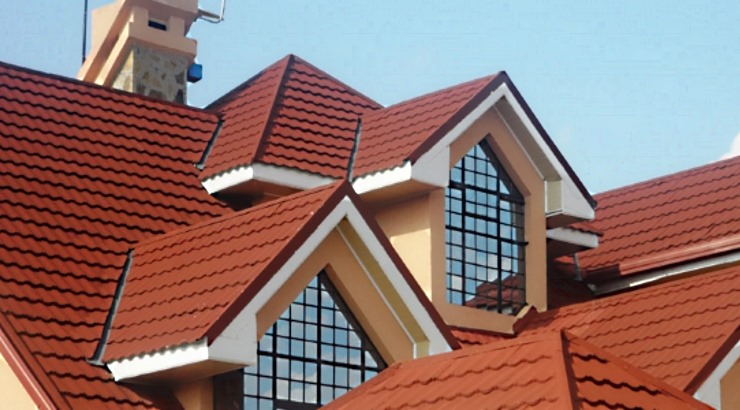Fixtures & Appliances
Korean Firm Feroof to Open Roof Tile Plant in Kenya
Feroof is one of the leading roof tile manufacturers in South Korea.

South Korean steel roof tile maker Feroof plans to set up a roofing tile plant in Kenya, as it seeks to tap into the country’s lucrative building and construction sector.
Park Seo Jeong, Feroof’s global chief executive said the firm was aggressively marketing its roofing products to establish a regional presence.
“We have closely monitored the growth and laid down a strategy to enter the [Kenyan] market to increase Feroof’s revenue locally.
Ms Seo was speaking during a recent visit to Galaxy Heritage Ltd., the main distributor of Feroof tiles in East and Central Africa.
Feroof is one of the leading roof tile manufacturers in South Korea, commanding 5 per cent of the entire stone chip-coated steel-roof market valued at US$350 million.
The prices of Feroof steel tiles, which are six times bigger but weigh one-sixth the weight of clay tiles, are ‘very competitive’, Ms. Seo said.
Feroof will be the second firm after Tactile to open a roofing tile manufacturing plant in Kenya. Early this year, Tactile opened its plant in Athi River to tap into the high demand for quality roofing tiles among local builders who mainly rely on imports.
RELATED: South African Firm Eyes Kenyan Construction Billions
Locally manufactured tiles are cheaper, readily available, and easily distributed countrywide, giving the manufacturers a competitive edge over importers.
Feroof joins other companies that have announced plans to invest billions of shillings in the Kenyan construction industry.
Stanlib, a subsidiary of South Africa Liberty Group, recently said it was planning to invest Sh5.2 billion in the construction of a maximum of two shopping malls in Nairobi within the next two years.
Stanlib’s compatriot Sanlam announced in June that it would invest Sh5.5 billion in the Kenyan real estate sector through the US$1 billion Sanlam Africa Core Real Estate Fund that was launched in May on the Mauritius Stock Exchange.
The local construction sector is expected to grow exponentially due to increased population and government spending on major infrastructure projects around the country.
The residential construction sector is expected to grow as both the government and private developers try to keep up with the rising demand for housing – occasioned by the rise in population.














